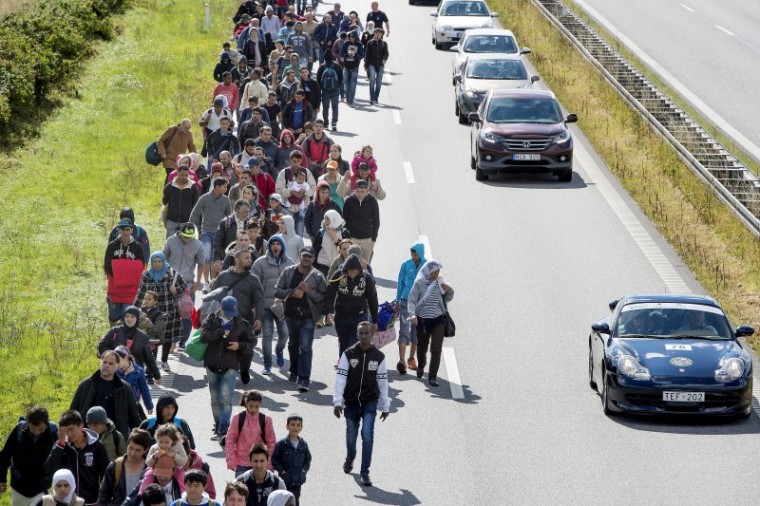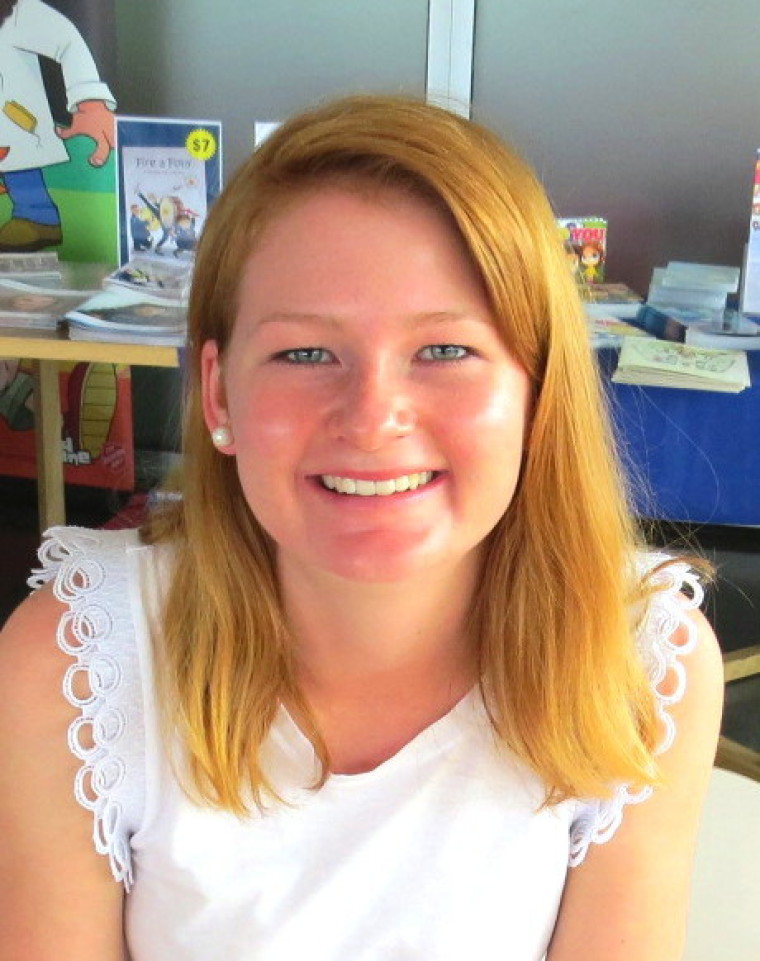

France said on Sunday it launched its first air strikes in Syria, destroying an Islamic State training camp in the east of the country to prevent the group from carrying out attacks against French interests and to protect Syrian civilians.
France had until now only struck Islamic State targets in neighboring Iraq, carrying out just 3 percent of air strikes in an offensive on the group by a U.S.-led coalition. France has also provided limited logistical support to Syrian rebels it considers moderate, including Kurds.
"France struck in Syria this morning an Islamic State training camp which threatened the security of our country," French President Francois Hollande told reporters on the sidelines of the United Nations General Assembly in New York.
He said six fighter jets had destroyed their targets near Deir ez-Zor and that more operations could take place in coming weeks to protect France and Syrian civilians.
France had feared strikes in Syria could be counter-productive and could strengthen PresidentBashar al-Assad, who has been fighting a rebellion against his rule since 2011.
However, France was shaken by a series of deadly attacks by Islamist militants this year, including the killing of 12 people at the office of the satirical weekly Charlie Hebdo in January.
In addition, Paris has become alarmed by Islamic State gains in northern Syria and the possibility of France being sidelined in negotiations to reach a political solution in Syria.
A French diplomatic source said Paris needed to be one of the "hitters" in Syria -- those taking direct military action -- to legitimately take part in any negotiations for a political solution to the conflict.
U.S. Secretary of State John Kerry is trying to launch a new initiative for a political solution inSyria during meetings in New York this week, diplomats said.
Hollande said he would support those efforts and France would hold bilateral meetings throughout the week with key players in the Syria crisis before a summit with Russian PresidentVladimir Putin in Paris on Friday.
"France doesn't sideline anybody, but the future of Syria cannot pass through President Bashar al-Assad," he said.
Two French diplomatic sources said the idea of creating a buffer zone in northern Syria was one issue that could be discussed over the coming days.
"It's one of the parameters being looked at," one source said.
French Foreign Minister Laurent Fabius said on Saturday Paris was still seeking clarification onRussia's military build-up in Syria, adding that if it went beyond defending its interests in the country it could complicate any political transition.
The United States is leading two different coalitions carrying out air strikes in Iraq and Syria, but Hollande repeated that for the moment Paris would make its decisions to strike in Syriaindependently, albeit in coordination with Washington.
France was ready to join air strikes on military installations in Syria in 2013 in response to a massive chemical weapon attack before U.S. President Barack Obama turned against it after Assad agreed to abandon his chemical arsenal. That left French officials cautious of U.S. intentions in Syria.